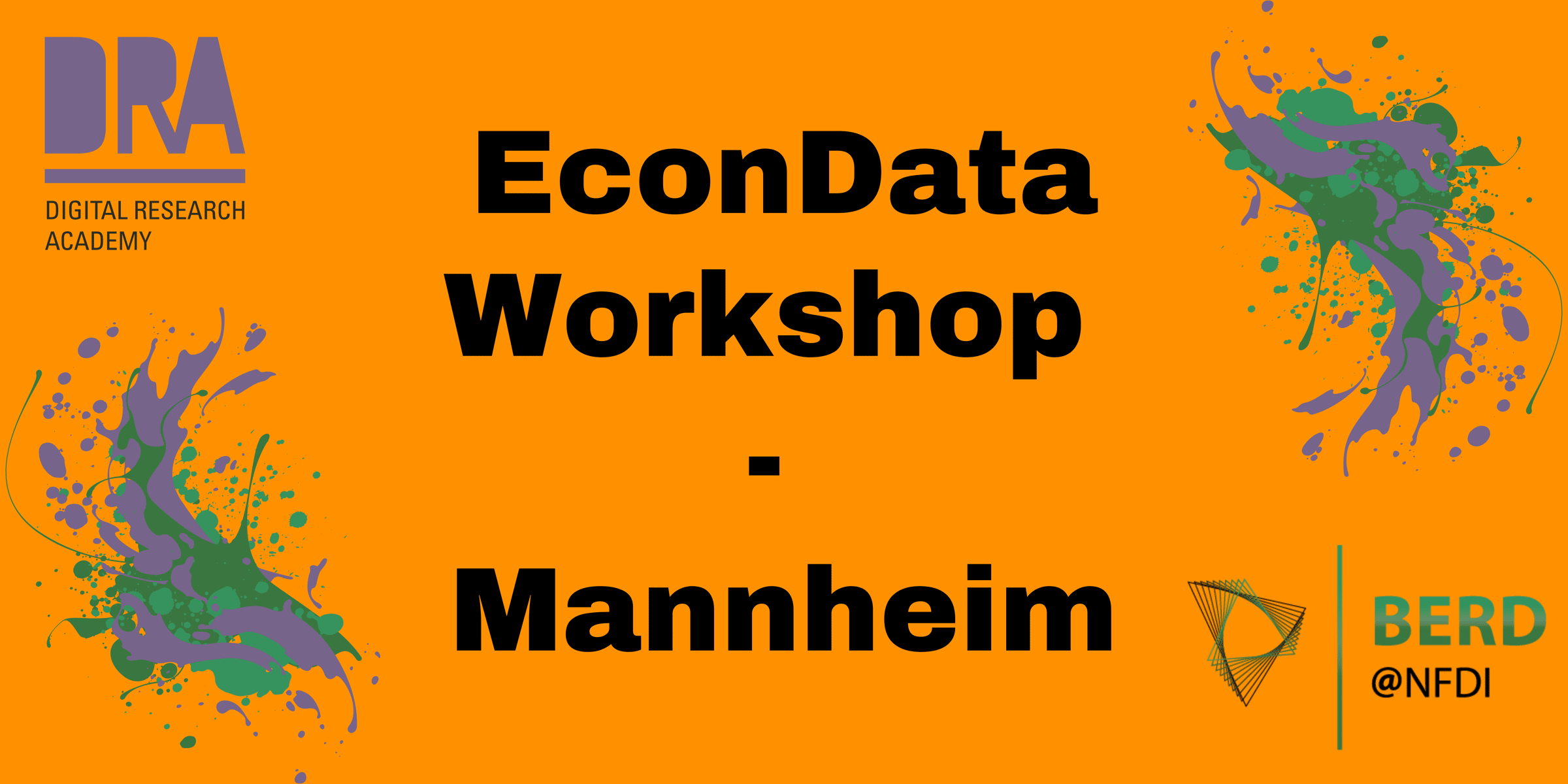Last week I listened to a talk by Leo Held on the topic “Are questionable research practices ever OK?” at the German statisticians conference DAGStat. As part of the talk he described fraud as something we cannot ignore any longer as it happens too much, but also made us aware that questionable research practices not only come from fraudulent behaviour, but also from honest mistakes or incompentence.
So far, that makes sense to me.
What made less sense to me was a scale he showed next from a guidance document from UKRIO on questionable research practices.
It shows a scale that leads from errors to criminality, mistake to deliberate. That did not sit well with me.
Where is the good end of this scale?
I immediately began to scratch down something that made more sense to me. I felt we needed to scales: one from incompetence to, well, competence and one from fraud to honest behaviour.
As soon as I put it down, it made me think: now how does that help us tackle the problem? Because that’s how I work. I always want to think about the solution.
After a few conversations with other participants at the conference, including Leo himself, I felt like there were broadly three categories of researchers:
- The competent and honest: nothing to do here. They know how to avoid questionable research practices.
- The honest, who lack skills: clearly, we need to teach them to do the right thing (of course my opinion is completely unbiased here 😉).
- The researchers who don’t shy away from fraud: we can try putting regulations in place, but I’ll be honest in that I think, there will always be loopholes that those people may find.
A few of the bottom left corner folks could be helped by training them, too. Because, if you learn how to do things right you may realise that it’s actually better for you to do the right thing in the long run, (thanks Audrey Yeo for discussing this with me).
At the end of this post I can’t help but wonder: Is teaching people my hammer and all I see is nails?
Let me know what you think!
@Leo, thanks for an inspiring talk!
@UKRIO and Simon Kolstoe, I hope my thoughts are constructive and helpful. Thanks for opening the floor on this discussion!
All the best,
Heidi
In other news
We have two exciting upcoming events in collaboration with BERD@NFDI to announce:

EconData Workshop
📍 University of Mannheim (lecture hall SO 108)
📅 June 23-24, 2025
Work out your problems and ideas on economics and business data. Free food + coffee!
|
|

Course: Make your research reproducible
📍 Online
📅 May 6 - June 3
⚠️ Application deadline: April 11
|